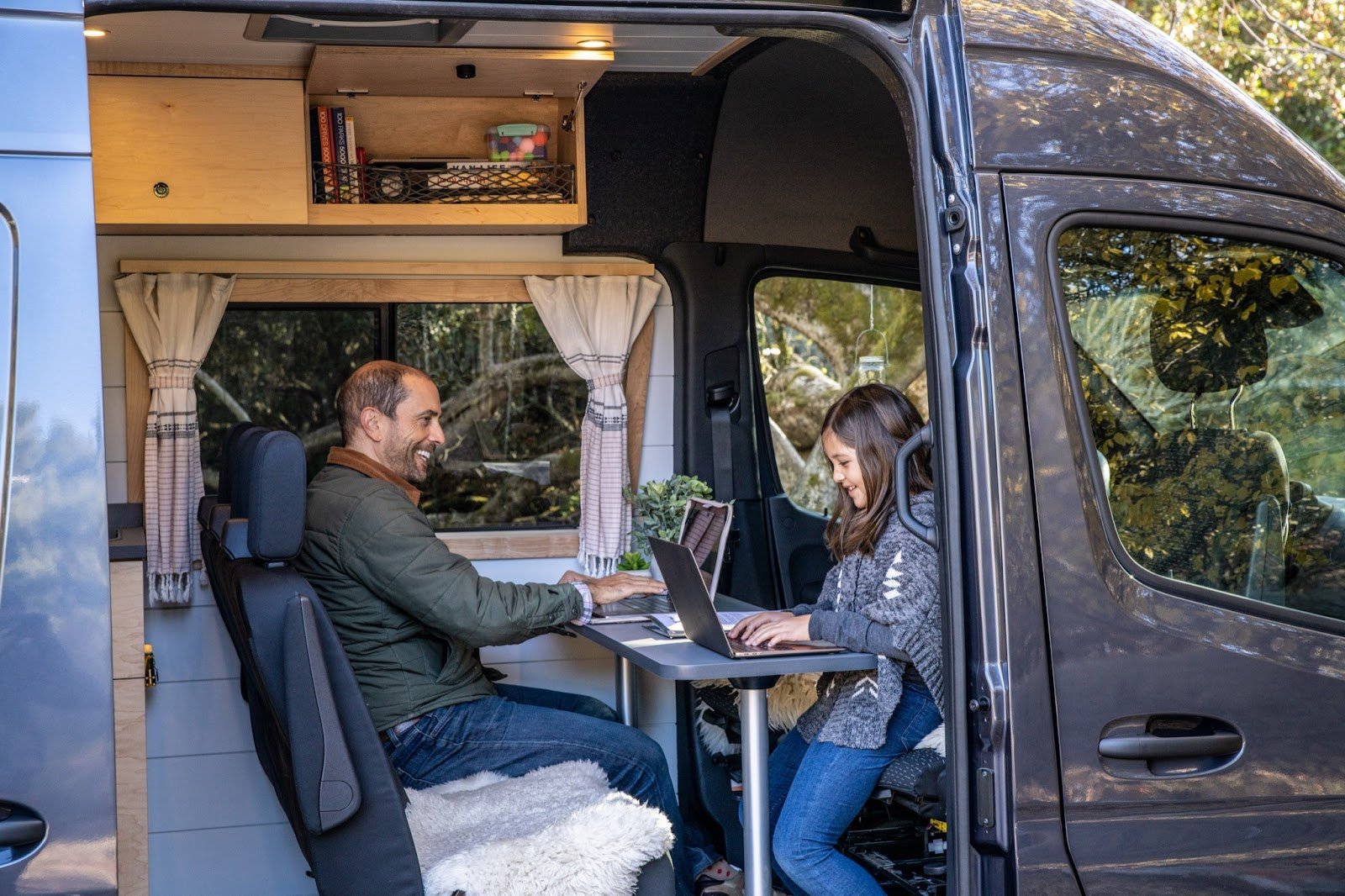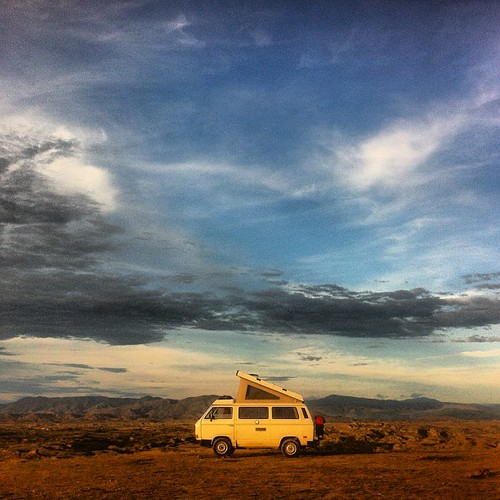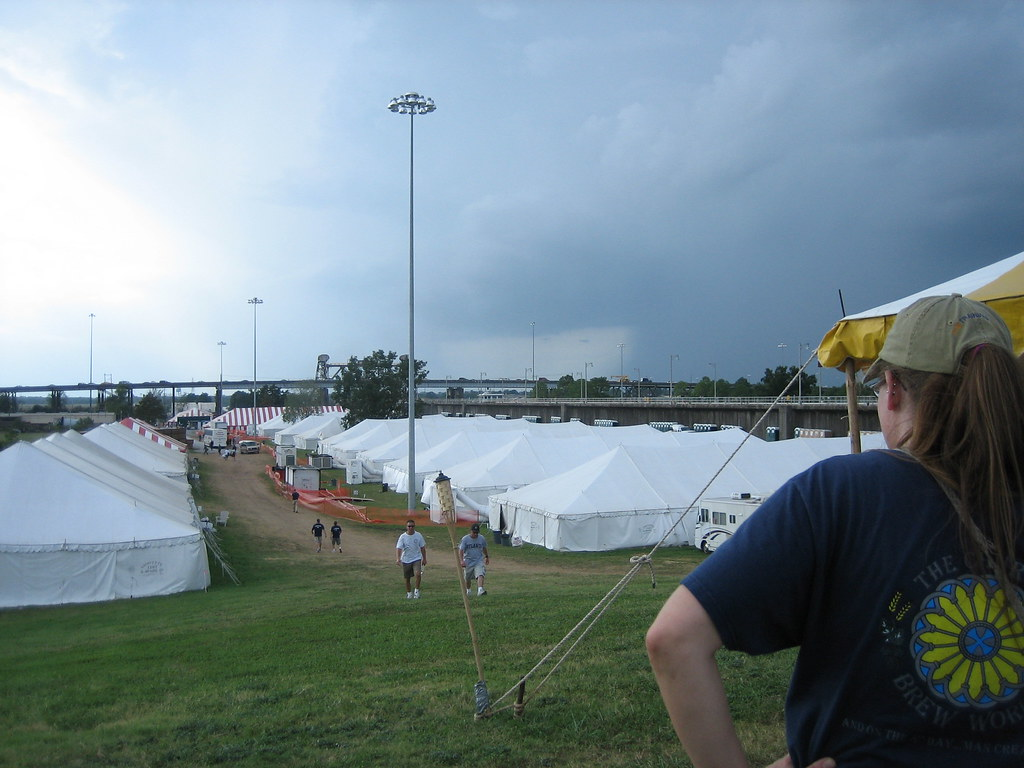How Can I Make a Difference with my Camper Van? Introducing Nomad Net.

Photo by Muse & Co. Outdoors
How does this work, and what sort of impact can you make? Here’s their original blog post for more details.
Nomad Net: Joining vans, emergency response, and internet connectivity

Photo courtesy of Nomad Net
We’ve learned a lot from each of these partnerships. Namely, that there’s no good source of reliable, high-speed Internet for folks with shaky finances and even less sturdy housing situations. This is especially true in the context of communities displaced by natural disasters. Often forced out of their homes at the last second, those fleeing disasters rarely have a chance to grab all the things required to help them recover wherever they may be riding out their displacement. You can’t bring your Comcast modem with you when your house burns down. Your laptop (if you have one) is unlikely to come along when you’re escaping from a flooding house. As essential as the Internet is, it’s not very mobile.
An immobile Internet means that millions of students a year miss school days because their school is inaccessible and no remote learning infrastructure is available. This educational loss is taking place right now in New Orleans. Hurricane Ida swept through a month ago, but more than 50,000 kids are still out of school — missing out on weeks of content after a year of disjointed learning. Even more loss took place back in 2017 when Hurricanes Harvey and Irma left nearly one in every six students out of school. And, educational loss due to natural disasters has set back students in communities across Oregon—that loss will only grow as natural disasters occur more frequently and with greater intensity.

Photo courtesy of Nomad Net
Satellite-based Internet is a paradigm shifter for disaster recovery. NGOs and government agencies, though, are under-resourced to bring this innovation into the field. Nomads, already a group that leans into the unknown, are up for the task. Those that join Nomad Net would receive a year’s worth of free Internet via a satellite-based company like Starlink or Viasat in exchange for answering three “Calls to Connect” a year. Calls would first go out to those Nomads nearest the areas designated by the Red Cross and others. If a Nomad couldn’t make that Call for some reason, then another Nomad would be mobilized. Once the Nomads arrived, they would be a game-changer for students like those in New Orleans.
Consider that each Starlink dish can provide speedy Internet to as many as 128 devices. So just a dozen or so Nomads parked near a displaced community could close the digital divide for everyone in that space. That’s right, all Nomads would do is park. In fact, it’s best for Nomads to stay out of the way as the Red Cross and others do their thing.
The good news is that companies like Starlink and Viasat are improving their technology everyday. So the capacity for Nomads to make an impact is growing. The bad news is that the current technology has some room for improvement — the dishes are as mobile as desirable and the Internet is not as reliable as hoped. Still, they’re building a better satellite-based Internet and we have to be ready to bring it to the areas that need it most.
That’s why NOLO is recruiting the first batch of Nomads. Would you sign up to receive a year of free Internet to serve as an Internet First Responder on a handful of occasions? Do you want to be on the frontier of innovations in disaster recovery? Are you committed to stopping disasters from disrupting the education of our students? Visit nooneleftoffline.org and help us show Starlink and Viasat that we’ve got a Nomad Net ready for them.
Click this link to sign up here.
